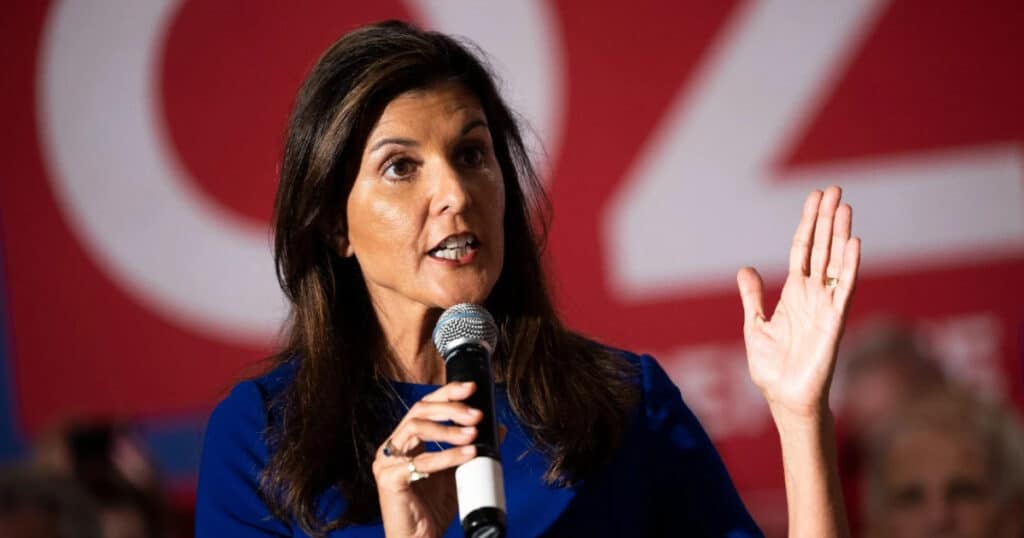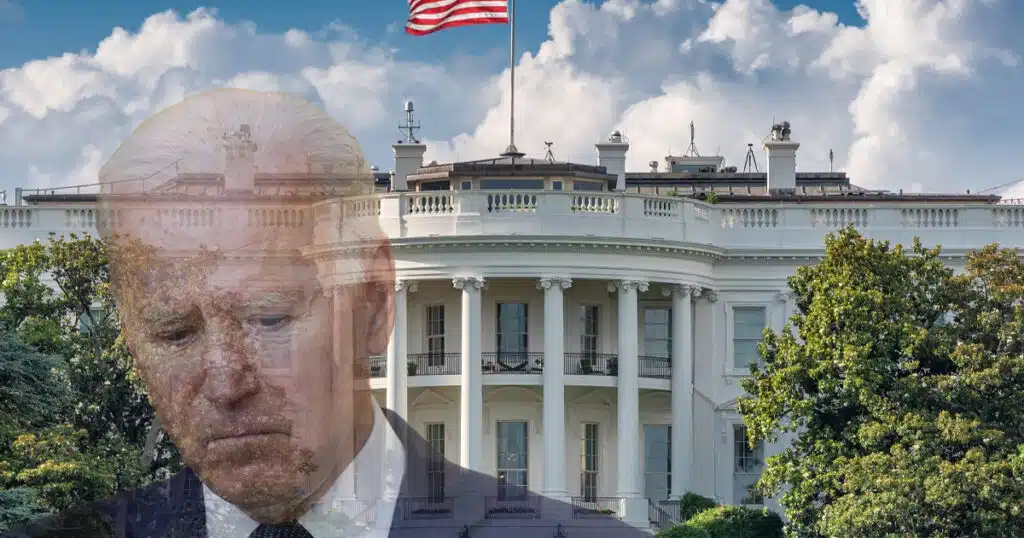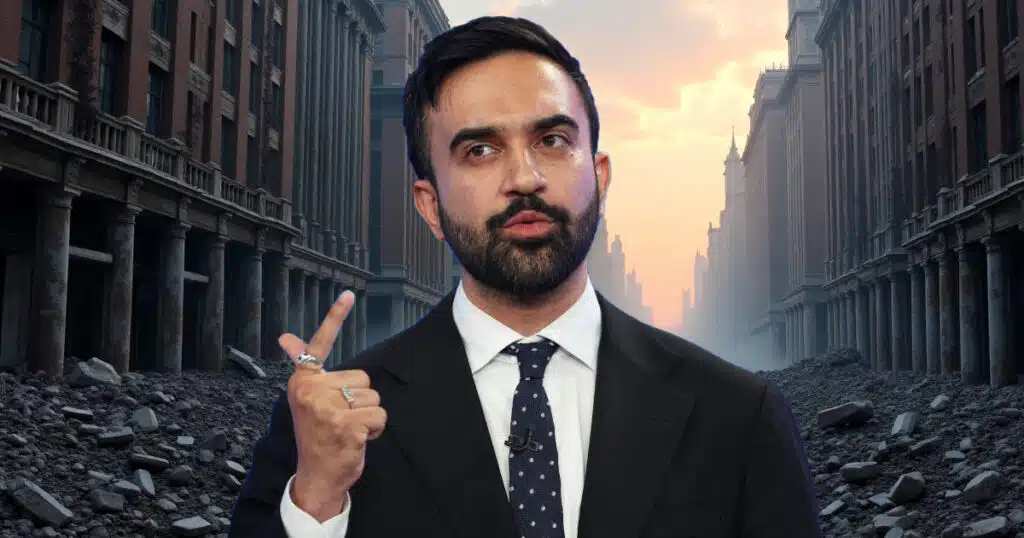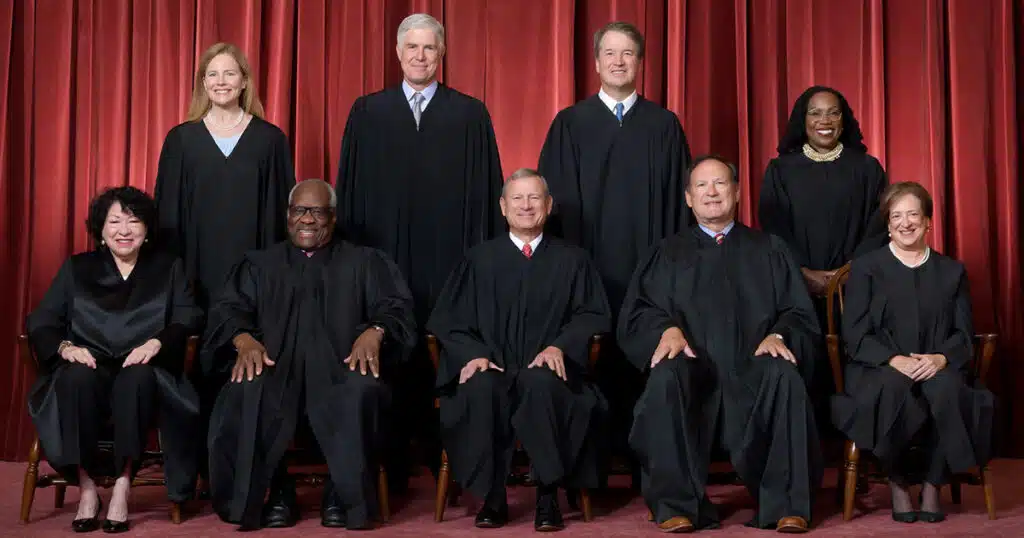
Trump, DeSantis Descend on Iowa. Longshots Have Never Left.
The mutual combatants in the Republican Party’s most consequential rivalry find themselves in the same theater of action Saturday. Playing to type, populist anti-hero as Donald Trump is the anticipated headliner at a sure-to-be-raucous rally in Des Moines, while Florida Gov. Ron DeSantis is set to speak at a Sioux City fundraiser.
It’s not the head-to-head confrontation many Republicans are anticipating, but Saturday’s near miss highlights the different strategies being employed by the two men who currently stand at the top of the class of 2024 GOP presidential contenders. Both have visited Iowa once in the past month – DeSantis attended a panel in Davenport to promote his memoir, and Trump for a speech on education policy two days later – but Saturday will mark the first time the two have competed simultaneously in the first state to choose convention delegates.
It’s not quite the triumphant return their respective loyalists had hoped for. Each man will take the stage Saturday amid significant shifts in the political landscape – and his own political fortunes.
When Trump visited Iowa in March, DeSantis seemed to be his main worry, barely outpacing the Florida governor in a buzz-worthy favorability poll by the Des Moines Register. Trump arrives in the state Saturday under different circumstances: first, a criminal indictment in New York City that has, if anything, united Republicans; but second, this week’s $5 million jury verdict in a civil case brought by a woman who says Trump once assaulted her in a New York department store dressing room three decades ago.
Nonetheless, DeSantis has watched as polls show him losing touch with the frontrunner. Neither the governor’s extended book tour, nor a recent global sojourn designed to demonstrate foreign policy chops have prevented him from sliding in the polls. Meanwhile, after DeSantis all but declared a victory in his culture war forays against the Disney Co. last month in Davenport, the high-profile skirmish has spun into a protracted bout of legal tit-for-tat that’s reportedly sown doubt among key potential GOP donors.
But who said this race was a two-person contest to begin with? Not Iowa Republicans, who have a history of upending conventional wisdom. Underscoring the uncertainty about the Trump-DeSantis dynamic is the vigorous presence in Iowa of a host of second-tier candidates who relish any opportunity to carve a niche for themselves ahead of the crucial first 2024 delegate selection contest. Mike Pence and Sen Tim Scott are among the hopefuls who have made frequent visits hoping to court influential local evangelical leaders, all while unknown entrepreneur Vivek Ramaswamy is currently in the midst of breakneck bus tour across the Hawkeye State.
Iowa is a monumental undertaking for candidates who most likely will never poll in double digits. And this year, a handful have taken up the quest. Their inspiration – the reason they make it to every bus stop, town hall, and fundraising dinner – is Rick Santorum.
A little-known former senator from Pennsylvania at the time, Santorum, became the conservative grassroots’ champion in 2012, when he catapulted from near-last in the polls to winner of the Iowa Caucus in 2012 – in about three weeks.
The self-described “patron saint of the longshot candidate” is no longer on the campaign trail and is currently observing the race for 2024 from a golf course in Scotland. He credits his 2012 success to the time spent on the ground in Iowa, and believes the secret to a successful race, now and then, is connecting with people.
“It was a matter of spending the time that I did, getting to know the people I did, and building a good reputation,” he said. “Authenticity really matters to Iowans.”
Does Santorum see a dark horse in the pack ahead of 2024? Well, potential abounds – be it in Mike Pence’s “gravitas,” Vivek Ramaswamy’s “energy,” or the “magnetic personality” of Tim Scott or Nikki Haley. He spoke well of them all, even while acknowledging the daunting factor at play in this election cycle that wasn’t present in 2012 when he scared the bejesus out of eventual nominee Mitt Romney.
“It’s really hard to get oxygen with Donald Trump in the room.” Santorum said, adding that the media’s treatment of Trump as a “phenomenon” gives other candidates little leverage during what should be valuable moments with the press.
Santorum knows first-hand what he’s talking about. He ran a less widely discussed campaign in 2016, got no traction, and bowed out in February that year.
“Every question [the media] will ask is going to be ‘well, Donald Trump said this today. What do you think?’” Santorum said, recalling his experience in 2016. “You simply have no ability to shape the race.”
That isn’t to say Trump’s challengers should abandon all hope. “Trump had an opportunity in 2016 that he will not have in 2024, which was to talk directly to the people.” Santorum predicted. “It made a big difference when people would hear what he had to say – the whole message.”
Trump has a tendency to produce radioactive sound bites, and many on his team have likely lost sleep thinking about how this might alienate independents. Santorum believes that the problem will get worse as the media becomes more selective in its coverage. Trump is at his weakest in 30-second segments.
About an hour after Santorum spoke, Trump appeared on CNN for an hour-long, town hall-style event that began like an interrogation by host Kaitlan Collins and ended somewhere closer to one of the former president’s trademark rallies. Democratic Rep. Alexandria Ocasio-Cortez took to Twitter to decry how CNN “lost control” of the event.
Time will tell if Trump (or even DeSantis) are as vulnerable as the longshots hope they are. For now, anyway, Rick Santorum still believes in the power of the underdog. “It can happen!” he said. “I literally don’t count anyone out.”
This article was originally published by RealClearPolitics and made available via RealClearWire.



